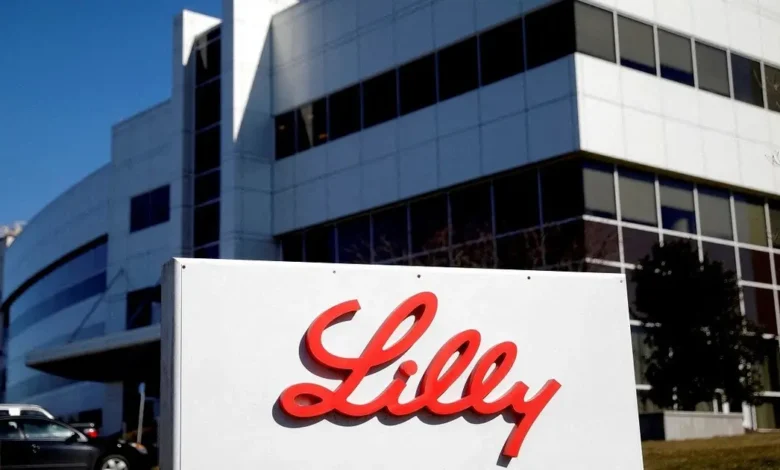Lilly weight-loss pill helps patients shed 12.4 pct of body weight in trial

Eli Lilly said on Thursday that its experimental GLP-1 pill helped patients lose 12.4 percent of their body weight after 72 weeks in a late-stage study—slightly less than results from a previous trial of Novo Nordisk’s injectable obesity drug Wegovy.
Unlike injectable treatments, which are peptides designed to mimic the appetite-regulating GLP-1 hormone, orforglipron is a small-molecule pill that is easier to manufacture and package, said Kenneth Custer, president of Lilly’s cardiometabolic health division.
Lilly, whose injectable GLP-1 drug Zepbound competes directly with Wegovy, views the once-daily pill as a promising alternative to injections for early intervention and long-term disease management.
“We have pretty big aspirations for how many patients orforglipron could help,” Custer said, adding that Lilly expects to file for regulatory approval before the end of the year.
In a study of more than 3,000 overweight or obese adults with weight-related health issues—but not diabetes—those who received the highest 36-milligram dose of orforglipron lost 12.4 percent of their body weight, compared with 0.9 percent in the placebo group. Patients on the 6 mg dose lost 7.8 percent.
The most common side effects were mild to moderate gastrointestinal issues. Among those on the highest dose, 33.7 percent experienced nausea and 24 percent experienced vomiting, compared with 10.4 percent and 3.5 percent, respectively, in the placebo group. Just over 10 percent of high-dose patients dropped out of the trial due to side effects. No liver safety issues were reported.
At least three analysts said the market had expected orforglipron to match Wegovy’s 14.9 percent weight loss over 68 weeks, as shown in a 2021 trial, with some hoping Lilly’s pill might surpass Novo’s.
Zepbound and Wegovy currently dominate the booming weight-loss market, which analysts expect could reach $150 billion by the early 2030s.
The US Food and Drug Administration is reviewing a high-dose oral version of Wegovy for potential approval later this year. Novo said it helped patients lose 15 percent of their body weight in a late-stage trial.
Custer said orforglipron can be taken without restrictions on food or water. Lilly also said the drug lowered markers of heart disease risk—such as cholesterol, triglycerides, and blood pressure—across all doses.
Wegovy has been approved to reduce the risk of major heart problems, and Lilly recently released data showing similar heart-protective qualities for its diabetes drug Mounjaro, which contains the same active ingredient as Zepbound. Such approvals would likely boost insurance coverage of weight-loss medications.
Earlier this year, Lilly announced that a Phase 3 study showed type 2 diabetes patients lost nearly eight percent of their body weight after 40 weeks on orforglipron. The company has already begun manufacturing the drug in order to stockpile supply ahead of a commercial launch, hoping to avoid the shortages that plagued early demand for injectable treatments.
Full trial results will be presented next month at a major European diabetes conference, the Indianapolis-based drugmaker said.










